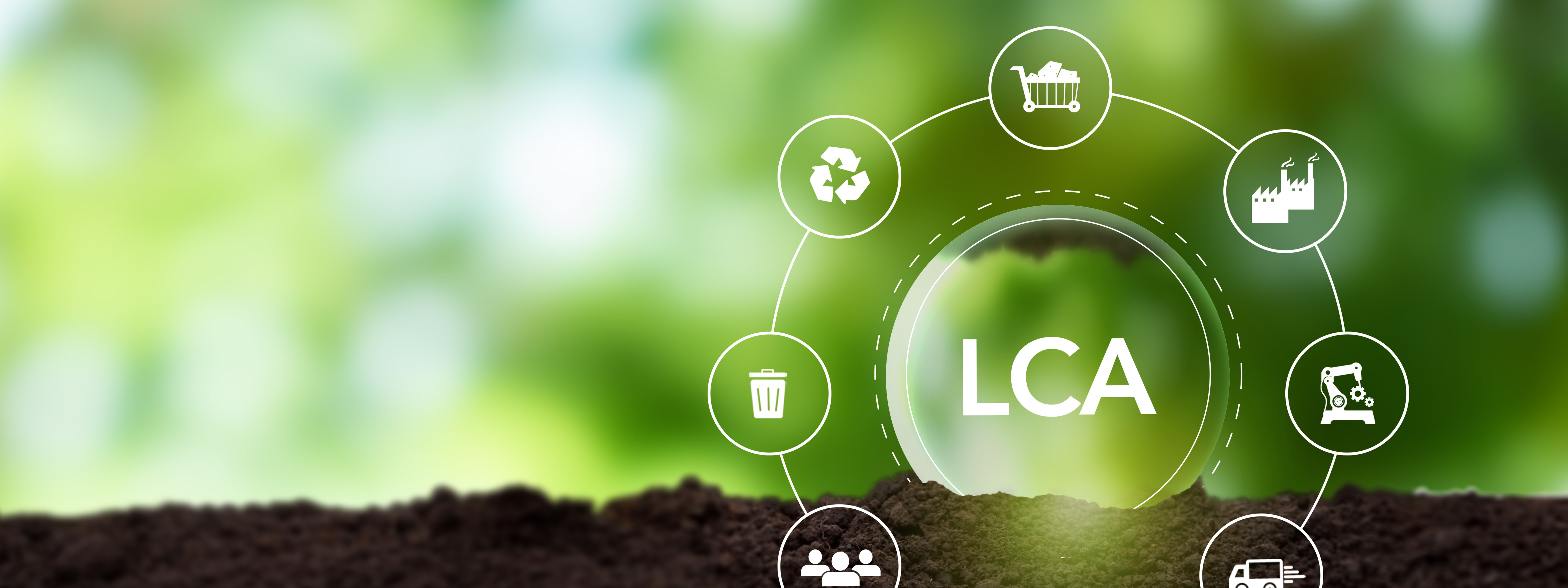Life Cycle Engineering and Sustainable Manufacturing

Industrial enterprises are increasingly concerned with such issues as product stewardship, sustainable manufacturing, reduction of hazardous substances, waste stream effects on the environment, shortages in critical materials, green bio-manufacturing, life cycle design, carbon footprints, energy and water consumption (water reuse), land use changes on ecological services, environmentally responsible materials extraction and processing, corporate social responsibility, sustainable electronics, green supply chains, industrial ecology, and consumer behavior. Eco-friendly products, green processing technologies, and sustainable business methods that consider global ecological consequences are needed for a secure and prosperous future. Products, materials, processes, services, and systems must be designed, operated, and managed with consideration for the ecological, social, political, and economic impacts of industrialization.
By integrating and overlapping the study of industrial systems with the study of natural and managed ecosystems, researchers will better understand and manage the flow of materials and energy for sustainable utilization of both renewable and nonrenewable resources. Recent Life Cycle Engineering research within EEE has included assessments of products including solar panels, brominated flame retardants, and circuit boards.
